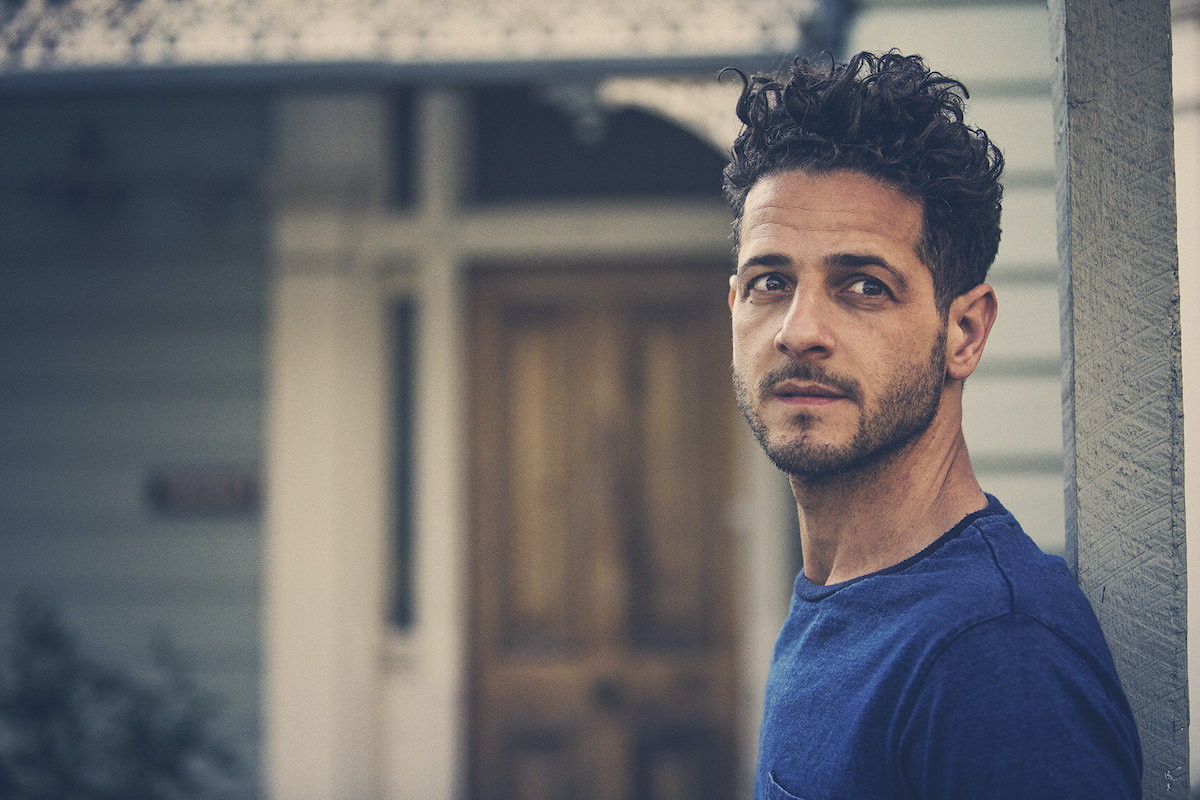2023 might well go down as the year generative artificial intelligence went mainstream. As a result, the notion of what constitutes creativity has never been more discussed. Is art-making solely the preserve of the human mind? Or can it be outsourced to a software program trawling the oceans of extant literary, visual and musical content?
Melbourne-based composer-singer Lior says he’s yet to engage with AI at the musical level – and doubts he will any time soon.
“I’ve done the dabble with ChatGPT that everyone else seem to have done this year, but that’s about as far as I went,” Lior tells Limelight. “I’m amazed by the power of the technology but at the moment, I don’t see myself gravitating towards it for now. I’m more impressed than attracted.”

Lior. Photo supplied
Lior says he’s accepting of other musicians’ embrace of AI in the creative process but remains wary personally. “I’m not into making absolute statements about what we should or shouldn’t do as artists, but I feel we’re in danger of entering a kind of grey area,” Lior says. “When does AI stop being a tool for creation and start...










Comments
Log in to join the conversation.